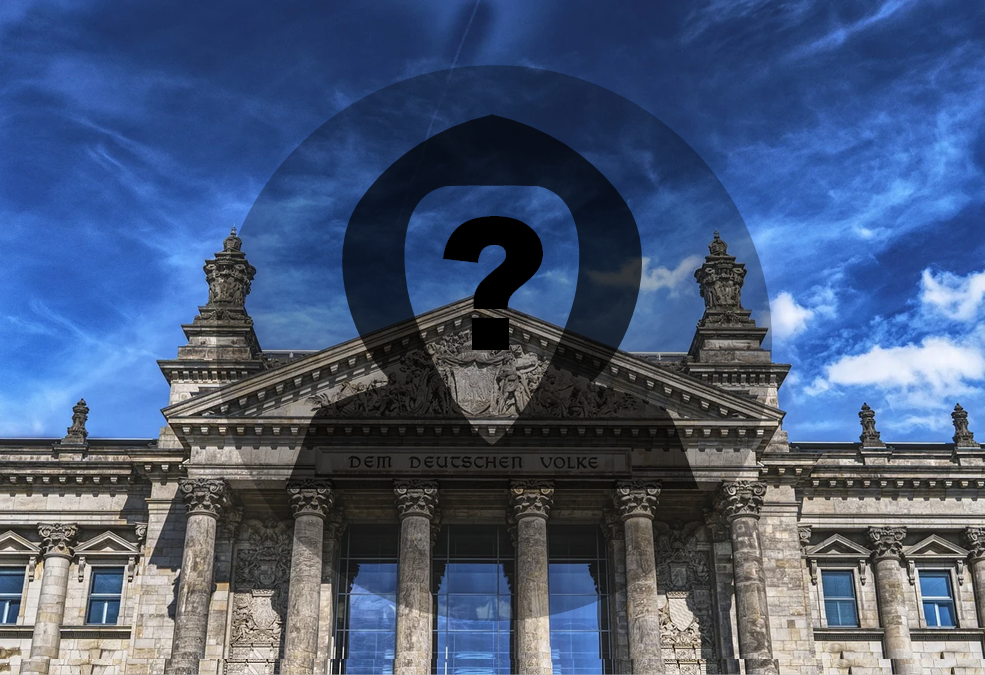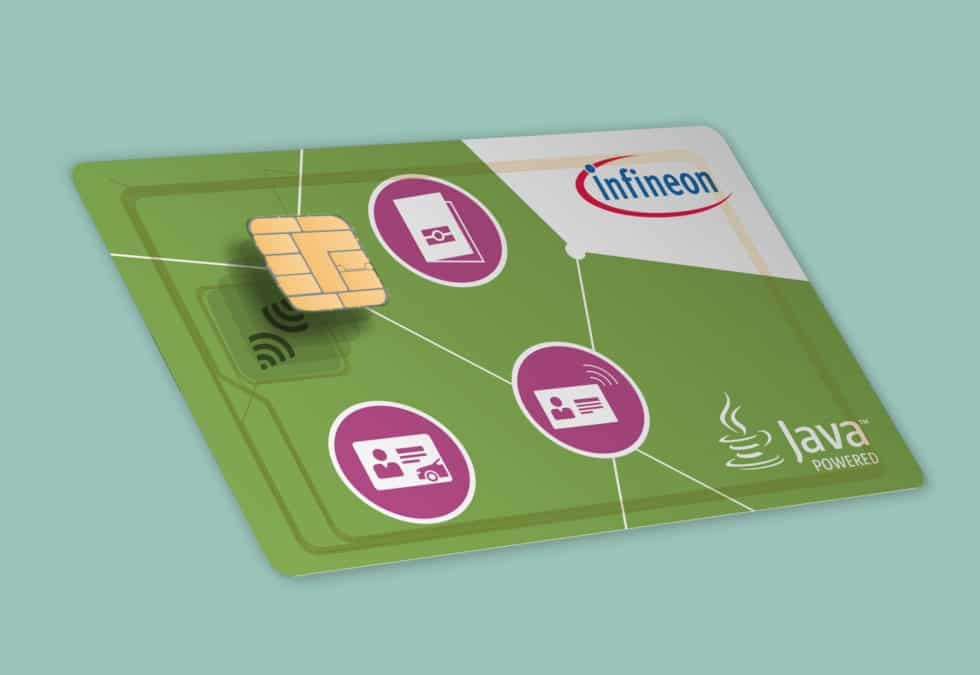Once again, a security incident has the IT world in a tizzy. This time it is several security holes in the widely used...


Once again, a security incident has the IT world in a tizzy. This time it is several security holes in the widely used...

Manifesting change in times of fear The events that have taken place during 2020 seem to have put us all at...

At this year’s SDW Virtual, cryptovision presents its ePasslet Suite V3 on SECORA™ ID X, the new Java Card™ platform...
Are you looking for a cross-platform identification and authentication solution for your company and your employees?...
The daily show "Zeitzeichen" on WDR 5 is one of the most popular radio formats in Germany. In a report about the...
Another day at work begins and first it is a login to at the operating system, perhaps then again at the VPN. Next it...
Is it acceptable that an authority issuing electronic identity cards have these used by third parties and charge for...
cryptovision Mindshare 2018 was hot (not only because of the weather) and inspiring. We have now released a seven...
cryptovisions Klaus Schmeh has published an article about the current post-quantum crypto competition in the German...
Once again, Klaus Schmeh, Chief Editor Marketing at cryptovision, was present in the media. In the program Matinee of...
When from April 24-26 the ID4Africa takes place for the fourth time, cryptovision will be present for the fourth time...
cryptovision CEO Markus Hoffmeister has published an article about the ECOWAS ID Card on Silicon Trust. The ambitious...